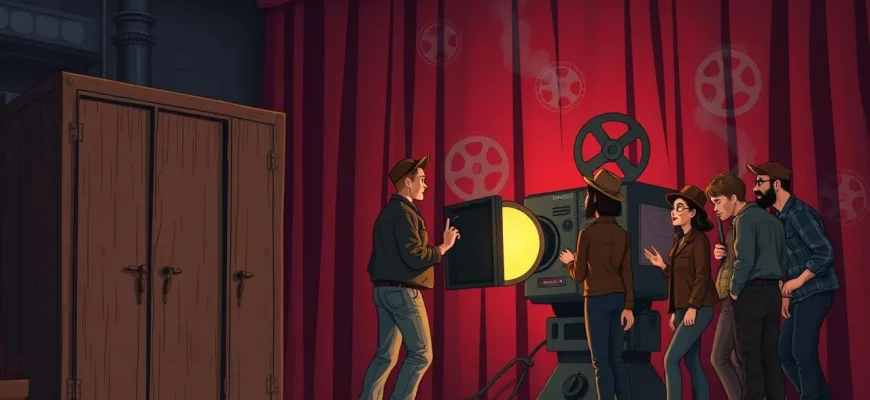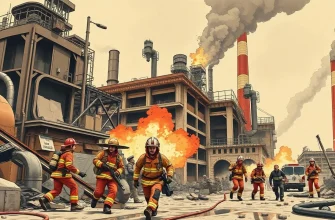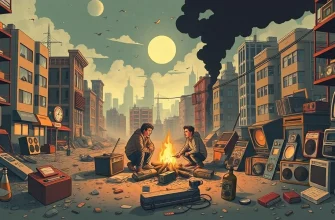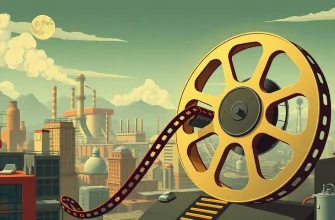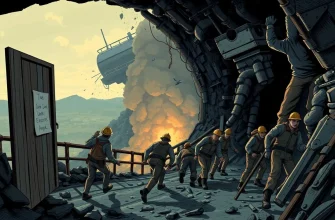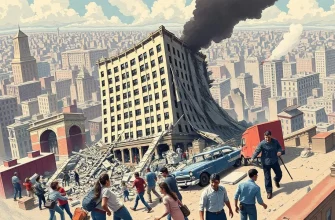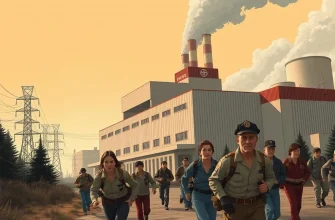Industrial sites have always been a fascinating backdrop for films, offering a unique blend of drama, technology, and human struggle. This collection of films delves into the heart of industrial settings, from factories to oil rigs, providing a rich tapestry of stories that explore the lives of those who work in these environments. Whether you're a cinephile with a penchant for gritty realism or someone intrigued by the mechanics of industry, these films offer a compelling look at the industrial world and its profound effects on individuals and communities.
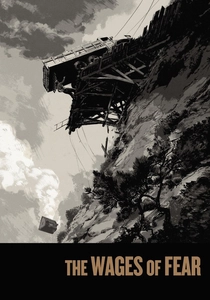
The Wages of Fear (1953)
Description: This French-Italian thriller involves the transport of nitroglycerin across treacherous terrain, highlighting the perilous nature of industrial work and the desperation of those involved.
Fact: The film was remade in 1977 as "Sorcerer" by William Friedkin, but the original remains a classic of suspense cinema.
 Watch Now
Watch Now
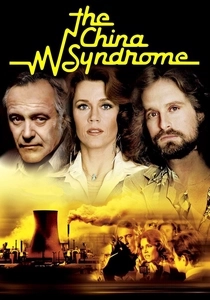
The China Syndrome (1979)
Description: This film explores the potential dangers of nuclear power plants, focusing on a fictional incident at a California nuclear plant. It's a gripping tale of corporate cover-ups and the fight for truth.
Fact: The film's release was eerily timed with the Three Mile Island nuclear accident, which occurred just weeks after its premiere, enhancing its real-world relevance.
 Watch Now
Watch Now
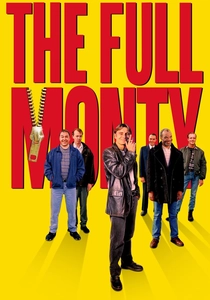
The Full Monty (1997)
Description: This British comedy-drama captures the essence of industrial decline in Sheffield, where a group of unemployed steelworkers turn to stripping to make ends meet. It's a poignant look at the human spirit amidst economic hardship.
Fact: The film's title is a play on the phrase "the full monty," which means "the whole thing" or "everything." It was also nominated for four Academy Awards, winning one for Best Original Musical or Comedy Score.
 Watch Now
Watch Now
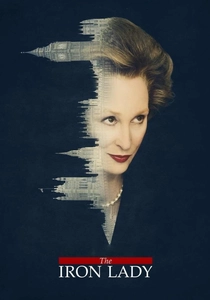
The Iron Lady (2011)
Description: While not directly about an industrial site, the film explores Margaret Thatcher's policies, which had a profound impact on Britain's industrial landscape.
Fact: Meryl Streep won an Academy Award for Best Actress for her portrayal of Thatcher, capturing her complex character and the era's industrial changes.
 Watch Now
Watch Now
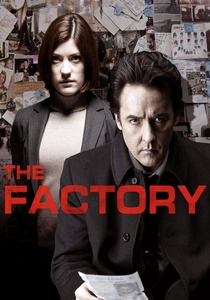
The Factory (2012)
Description: This thriller revolves around a serial killer who uses an abandoned factory as his lair, providing a chilling backdrop for the industrial setting.
Fact: The film was shot in Hamilton, Ontario, known for its industrial heritage, which added authenticity to the setting.
 Watch Now
Watch Now

The Devil's Double (2011)
Description: While not strictly about an industrial site, this film features scenes in Saddam Hussein's palaces, which were built with industrial might, showcasing the opulence and terror of industrial power.
Fact: Dominic Cooper plays both Uday Hussein and his body double, Latif Yahia, in a dual role that showcases his versatility as an actor.
 Watch Now
Watch Now

The Founder (2016)
Description: While focusing on the fast-food industry, this biopic about Ray Kroc and the McDonald's empire showcases the industrialization of food production and its impact on society.
Fact: Michael Keaton's performance as Ray Kroc was critically acclaimed, highlighting the entrepreneurial spirit and the industrial revolution in food service.
 Watch Now
Watch Now
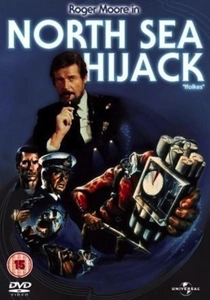
North Sea Hijack (1979)
Description: Set on an oil rig in the North Sea, this action thriller showcases the tension of industrial sabotage and the ingenuity required to thwart it. It's a classic example of industrial settings as a stage for high-stakes drama.
Fact: The film was originally titled "Ffolkes" after the main character, but was renamed for its American release to avoid confusion with the character's name. Roger Moore stars as the eccentric hero.
 30 Days Free
30 Days Free

The Machinist (2004)
Description: While focusing on psychological horror, the film's setting in a machine shop underscores the repetitive, mechanical nature of industrial work, reflecting the protagonist's mental state.
Fact: Christian Bale lost a significant amount of weight for the role, dropping to 120 pounds to portray the emaciated Trevor Reznik.
 30 Days Free
30 Days Free
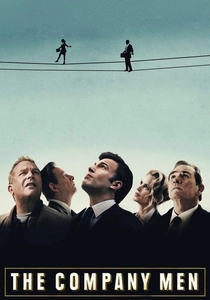
The Company Men (2010)
Description: This drama examines the lives of executives and workers affected by corporate downsizing in the shipbuilding industry, reflecting on the human cost of industrial decline.
Fact: The film was inspired by the real-life experiences of writer-director John Wells, who worked in the steel industry.
 30 Days Free
30 Days Free

